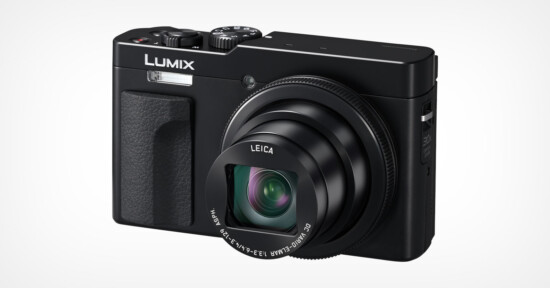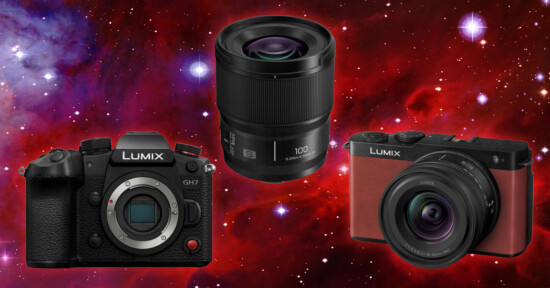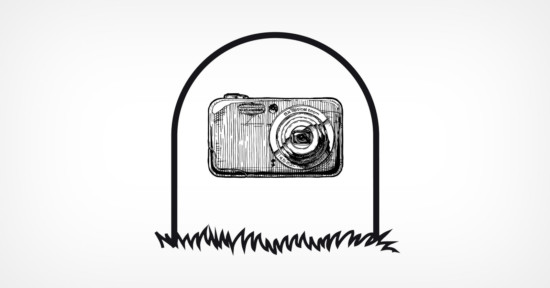Panasonic DC-ZS99 Review: A Disappointing Trend Chaser
Here, we thought that the smartphone would kill the point-and-shoot digital camera. There is, instead, a steady resurgence with more and more (mostly young) people purchasing used point-and-shoot cameras. The Panasonic ZS99 aims to capitalize on the trend, offering a modernized take on an older P&S model.
I think there are only two reasons to buy a point-and-shoot digital camera and expect a different result from a smartphone. Smartphones take stunningly good images as far as image quality goes relative to their tiny sensor sizes, so you either get a camera with a significantly larger sensor than a phone or get one with a much bigger telephoto zoom range. The Panasonic ZS99 is a brand-new design that seeks to do the latter. With the ZS99 available for $499, is its larger zoom range worth the price of admission?
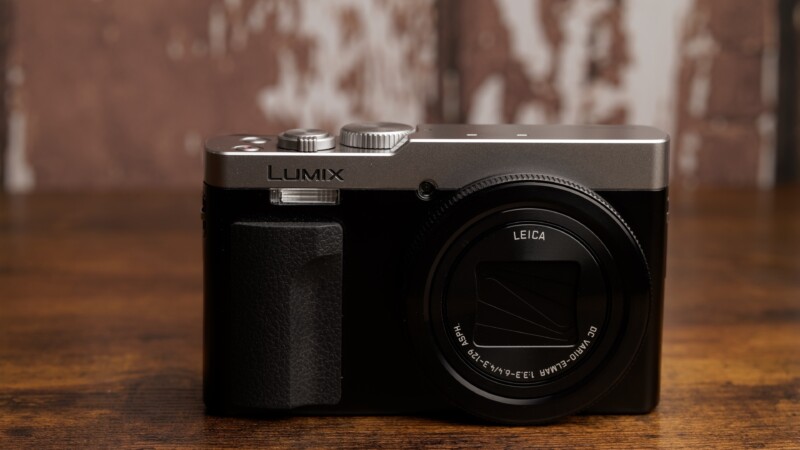
Panasonic DC-ZS99 Review: How it Feels
The ZS99 is essentially a rehash of the older ZS80. It borrows its appearance and many components, including the lens and sensor assembly, from the ZS80. The sensor is a relatively small Type 1/2.3 20-megapixel chip, probably the same sensor we have seen in multiple Panasonic point-and-shoots for years. We get the excellent 30x zoom lens from the ZS80, which provides a full-frame equivalent range of 24-720mm. Compared to a smartphone, this gives a considerable reach advantage over even a 10x telephoto camera, and most phones only feature a 3x or 5x telephoto.
The grip is sufficient, and the camera is very pocketable, with no significant changes in overall look from its predecessor. The camera still has the same 3-inch 1.84-million dot LCD panel, which flips up above the camera into selfie mode. The battery is still a classic Panasonic BLG-10PP type, and the camera has a single UHS-I SD slot. Very little has changed over the years.
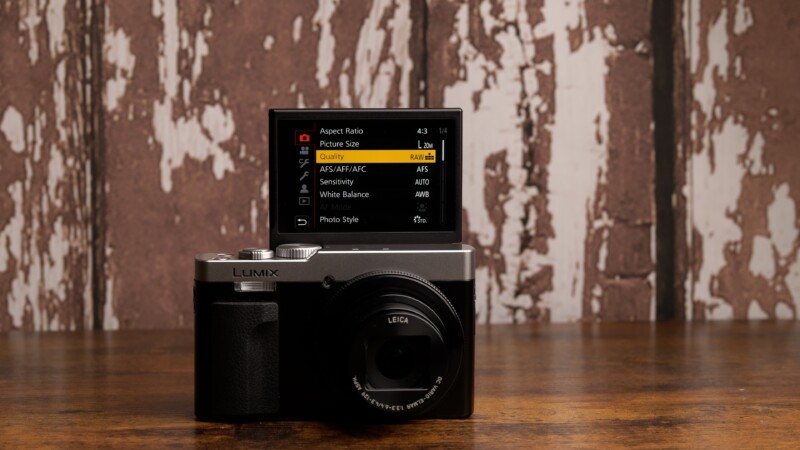
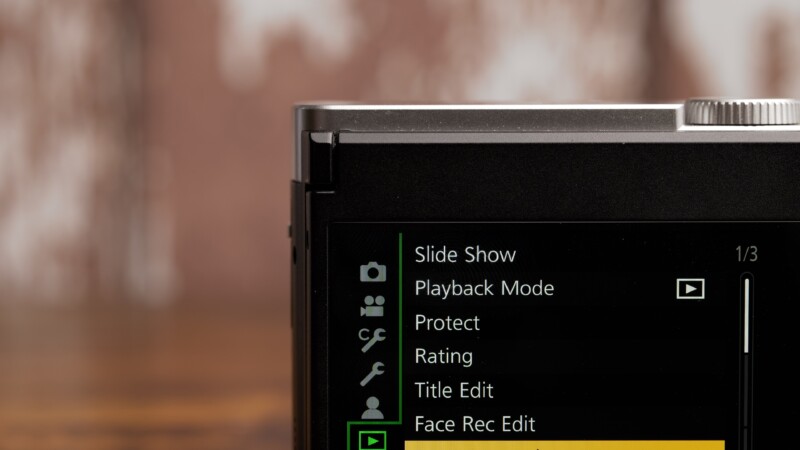
At least the USB connection is now a modern type-C, which complies with worldwide regulations, and the Bluetooth is now 5.0 compliant. However, this comes with a major loss as the EVF that graced the ZS80 has been removed. I consider this a huge oversight as the back LCD panel is not ideal in bright conditions and we lose the ability to bring the camera up against the face when shooting the maximum telephoto ranges to stabilize the whole platform.
I constantly hear that younger generations of photographers who are used to shooting phones at arm’s length don’t care about EVFs. But this doesn’t give new shooters enough credit. Anyone who tries one will surely come to use it more often and will miss it sorely if it ceases to exist on future models. They may not know what they are missing, but that doesn’t mean they will eventually fail to appreciate the omission.
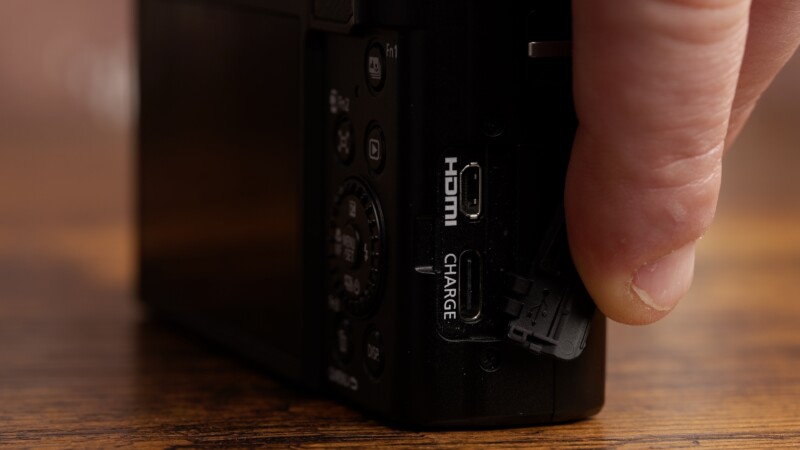
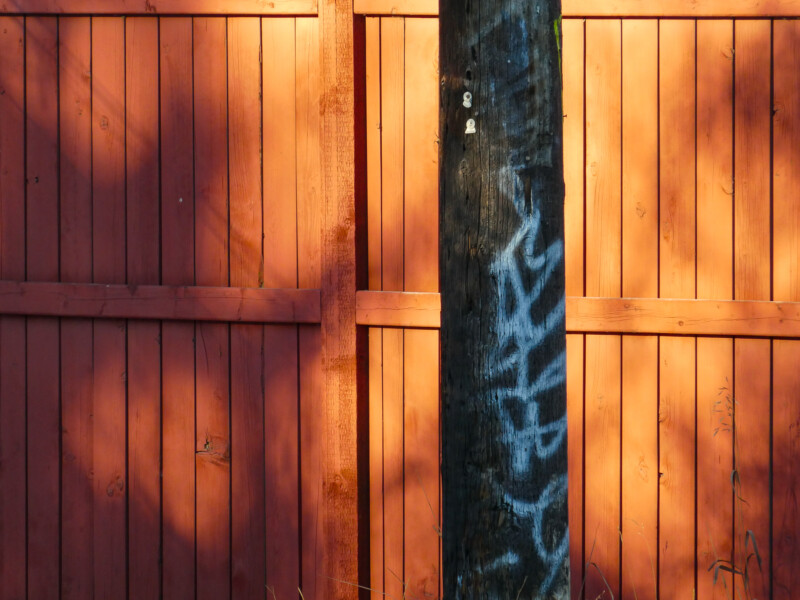

Panasonic DC-ZS99 Review: How it Shoots
I always get a tinge of nostalgia when I review a compact camera. I grew up selling these products, and I treasure the opportunity to test them again all these years later. However, a big part of the nostalgic feeling is due to the cameras being essentially the same as the original models, making the overall experience a genuinely vintage one.
To its credit, though, the ZS99 utilizes Panasonic’s DFD contrast-based autofocusing, which is snappy and precise. The camera is swift, too, and the shutter release feels good. The zoom operates with a basic rocker switch around the shutter and zooms the lens with adequate haste.
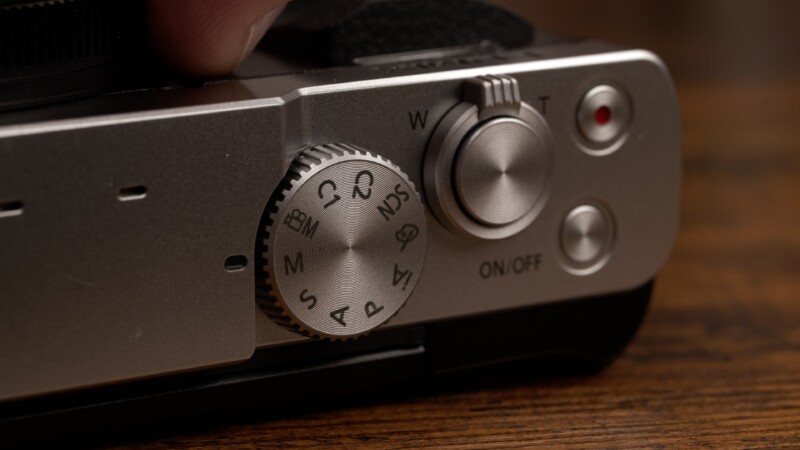
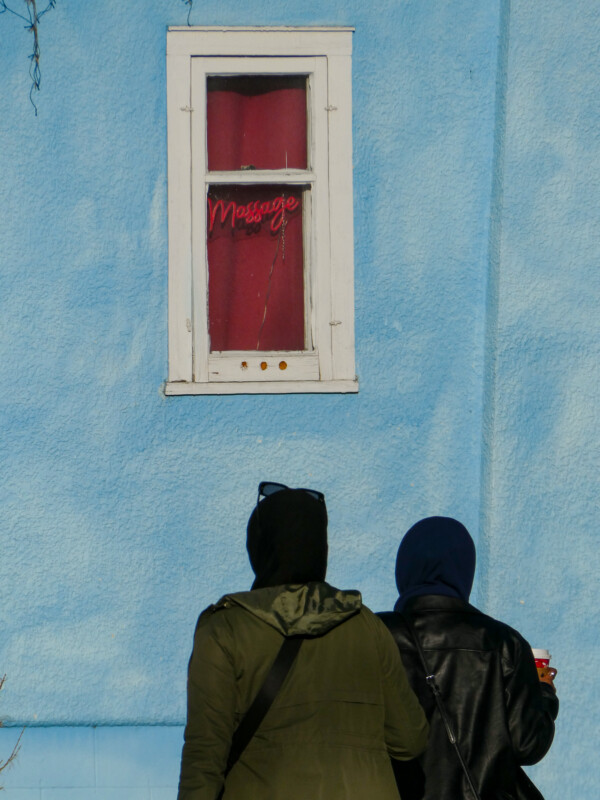
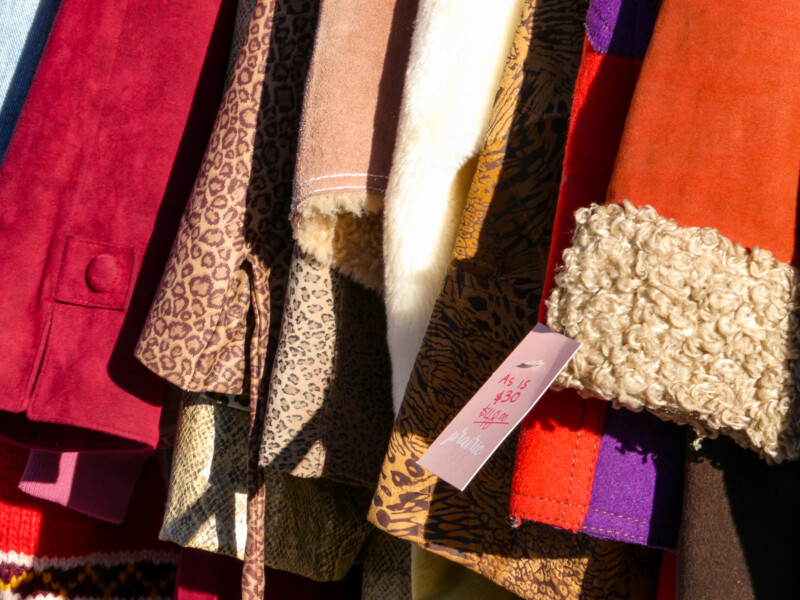
The lens is sharp enough for the 20-megapixel sensor but tends to flare slightly from bright light sources. I often found myself shielding the front element with my left hand in order to prevent heavy ghosting in the image. The sensor is prone to some reflections as well when pointed at the Sun. The ZS99 offers a RAW file format, but the small sensor in this camera does not deliver much dynamic range.
Similarly, the ZS99 also has full manual control, but the aperture range is limited to f/8, and diffraction softens the image significantly. The depth of field doesn’t change that much either, and although shutter speeds can be set slower, there is no option for filters to help accommodate longer exposures.
This is all to say that although the ZS99 does offer some creative control, there isn’t much incentive to use it, and it will probably be avoided by most users.
Video is unchanged from before, which means it is records 4K video, but only at 30 frames per second. If you are okay with lower-resolution slow motion, you caokay 60fps at 1080p and 120fps at 720p.
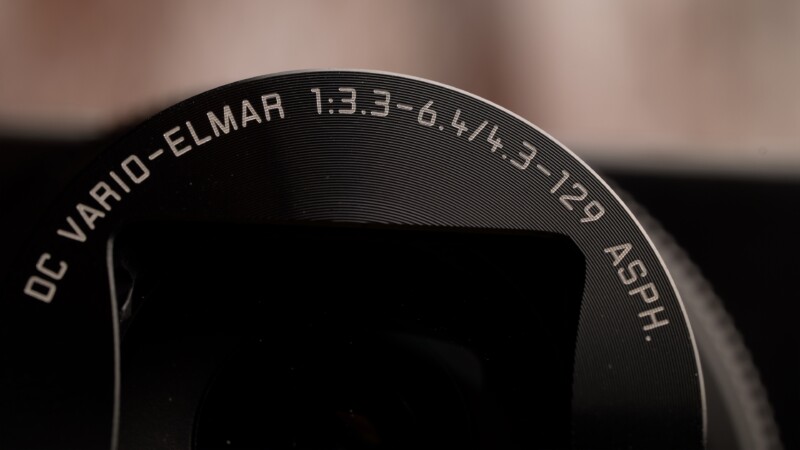

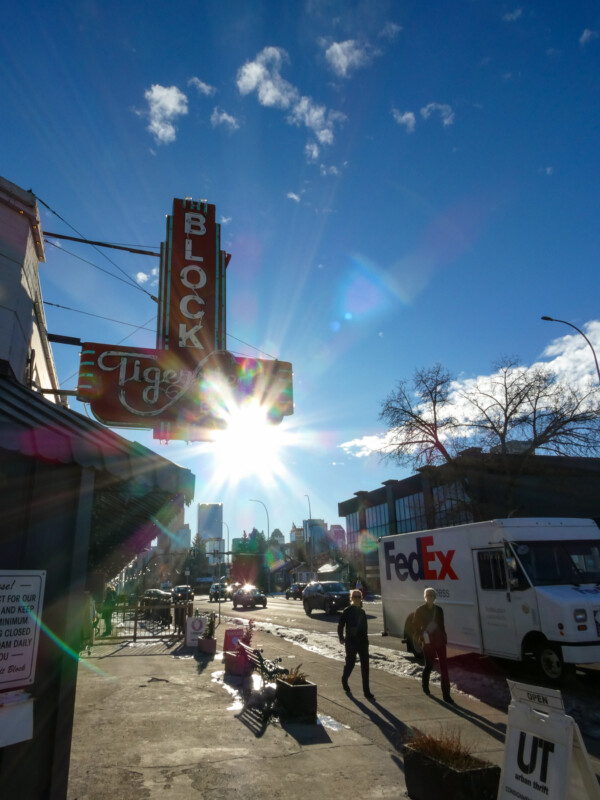
Image quality is not why people buy these cameras, although there is a certain classic charm to the vintage look of these older sensors. Colors are nice overall, but skin tones tend to take on a waxy look, and the images are over-sharpened across the board. A modern smartphone’s main camera will take a better photo in most situations, especially when it comes to dynamic range. Although a smartphone controls the look of the depth of field in a largely artificial way, especially when shooting portraits, the results are far more usable nowadays, and the ZS99 can’t come close. However, The ZS99 does a better job when competing with the 5x lens on most phones and easily dominates when the zoom is pushed anywhere beyond that mark. The ZS99 is an excellent picture taker because of its telephoto reach, and its main strength is the versatility it offers while still fitting in a pocket.


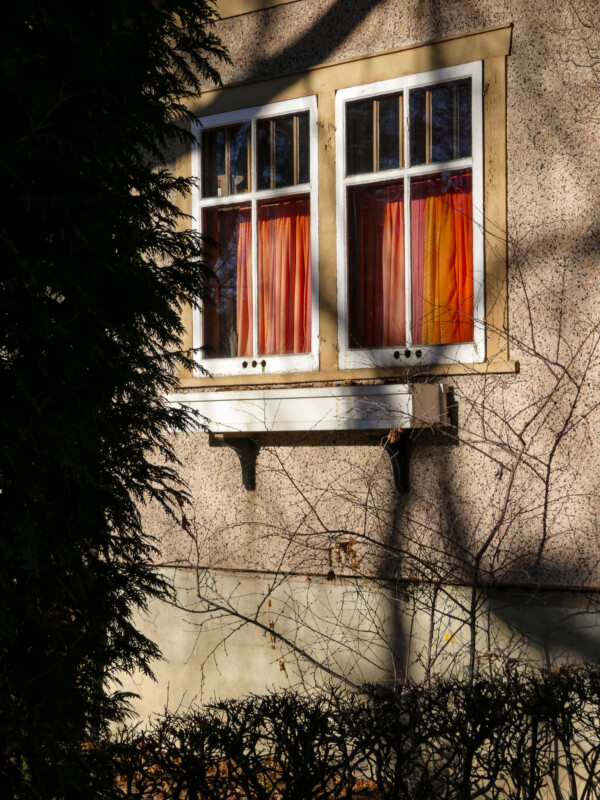
Panasonic DC-ZS99 Review: A Lazy Experience
Panasonic is not the only one that has been guilty of rereleasing an old product with a few changes and a new name. The demand for compact digital cameras is rising, and it makes sense to modernize the products to meet the demand. Major improvements require money and extensive R&D, so it is understandable that most manufacturers are simply rehashing the back catalog.
Still, I would be far more excited to see new camera designs that offer substantial improvements to image quality and functionality. Connectivity is more important than ever, but the ZS99 interfaces with a phone in much the same way the older cameras did before, so no fundamental changes there.
We are left with a camera that complies with the latest USB standards but loses a significant piece of hardware, all at a $499 price, equivalent to what the older products sold for. It could be that my perspective is outdated, though, and that new users won’t care or even desire the things I wish the ZS99 had. I would buy the older ZS80 used and get the same image quality and versatility without having to give up the EVF.
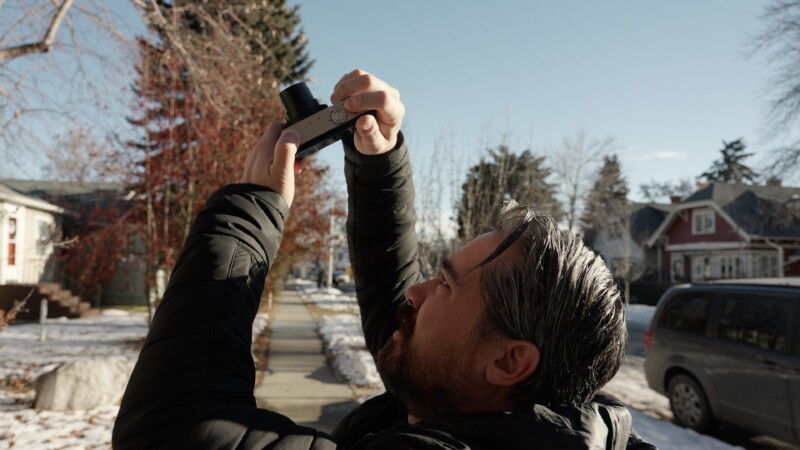
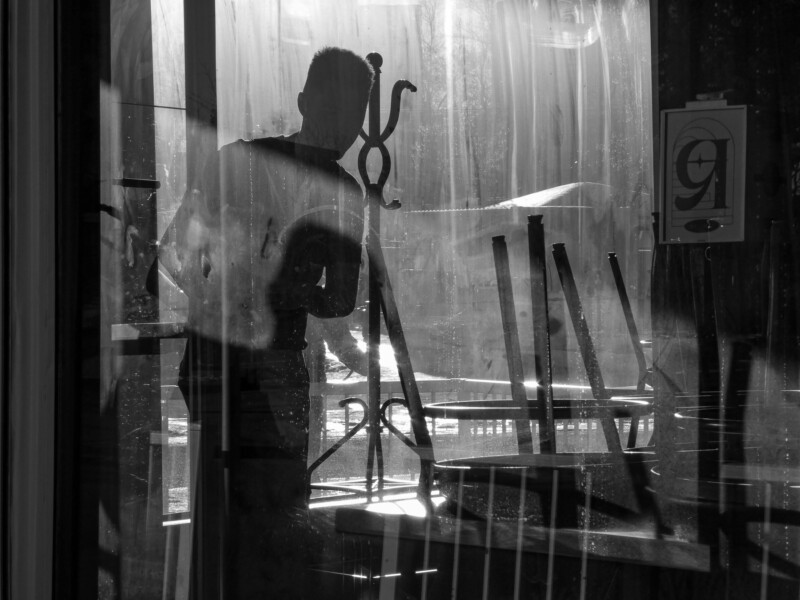

Are There Alternatives?
The only real path to get the same kind of zoom range in a small package is the used market. The older Panasonic ZS80 or even ZS70 will provide the same lens and sensor assembly plus the addition of an EVF to compose with. The Nikon Coolpix A1000 is less detailed and slightly bulkier, but it does give a longer 35x zoom lens.
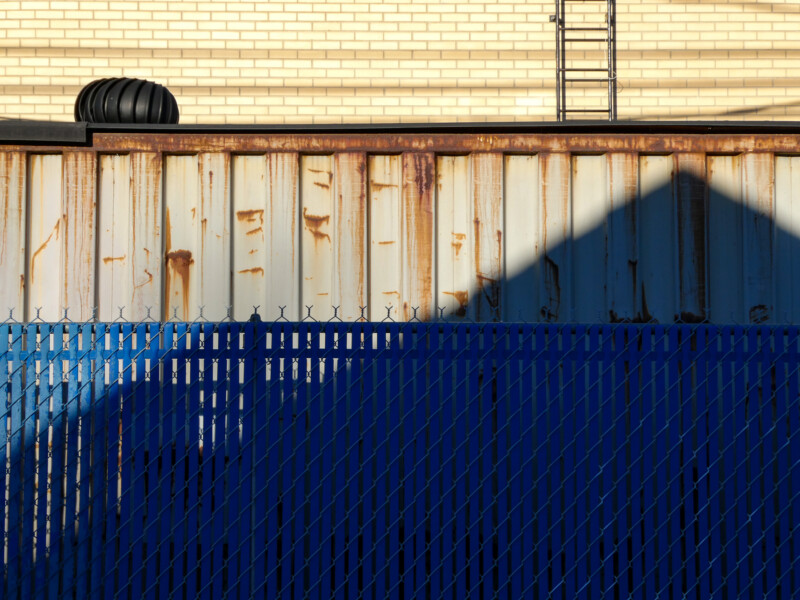

Should You Buy It?
No. I don’t think the ZS99 is desirable, but I’m probably out of touch. If you want a new camera that beats a smartphone’s zoom range handily, the ZS99 is your best bet.
